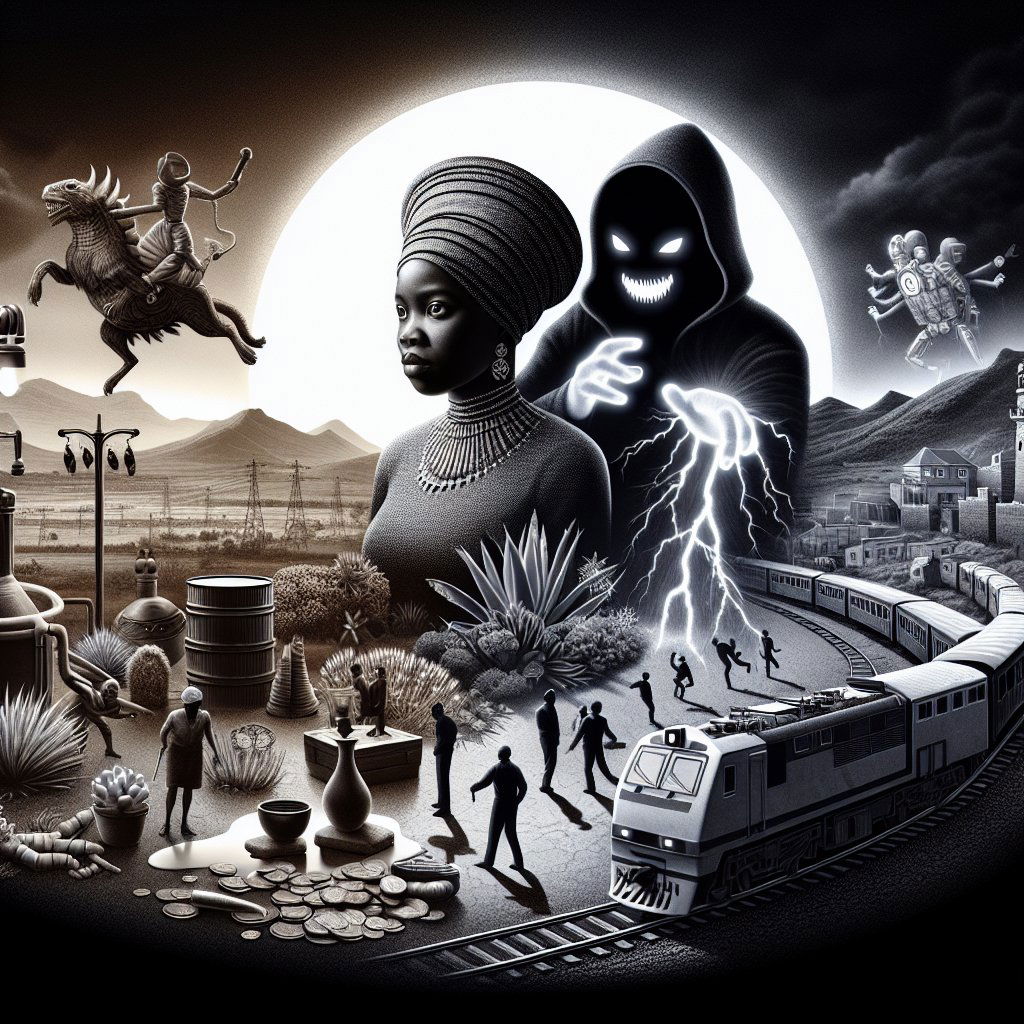Image: AI generated for illustration purposes
Organized Crime in South Africa: A Threat to National Economy and Existence
South Africa is grappling with a severe challenge that has infiltrated various aspects of life, from basic utilities to the larger economy. The nation is at a crossroads, facing what has been described as an 'existential crisis' largely driven by the insidious spread of organized crime. This nefarious activity not only jeopardizes the country's financial well-being but also the very fabric of its societal structure.
In an eye-opening interview with Bongani Bingwa, Jenni Irish Qhobosheane, a Senior Analyst at the Global Initiative Against Transnational Organised Crime, discussed the depth and impact of organized crime in South Africa. It's a cancer that has embedded itself in the nation's core infrastructure, debilitating sectors like electricity, the railway system, and water provision. The effects are far-reaching, with everyday life for South Africans becoming increasingly difficult due to this scourge.
The involvement of state operators in these criminal enterprises is particularly unsettling. Relationships between criminals and public officials who turn a blind eye or even profit from these illegal activities contribute to a culture of impunity. This not only undermines efforts to combat the issue but encourages the continuation and growth of organized criminal activity.
According to a World Bank report cited by Qhobosheane, the economic cost is staggering: organized crime strips at least 10% from South Africa's gross domestic product (GDP) annually. This is a significant blow to a nation already contending with economic challenges, eroding investor confidence and stunting potential growth.
Qhobosheane paints a grim picture of a nation on the brink as the rate of organized crime escalates while the country's resilience to counter these threats diminishes. This imbalance suggests that current strategies to combat organized crime are ineffective and require a comprehensive reassessment.
The critical takeaway from Qhobosheane's insights is the imperative for South Africa to address this issue head-on, with a renewed and vigorous approach towards organized crime. It is a call to arms for policymakers, law enforcement, and civil society to redefine and intensify their response to a challenge that threatens the very existence of the nation.
Efforts must be made to break the cycle of complicity within the state, dismantle the complex networks that sustain organized crime, and develop a multifaceted approach that incorporates prevention, prosecution, and participation of the broader South African community.
Without swift and decisive action, the country risks further economic deterioration, a loss of international credibility, and the erosion of the rule of law. As the nation stands at this pivotal moment, the message is clear: the battle against organized crime is not only about protecting the economy, it's about securing the future of South Africa.










